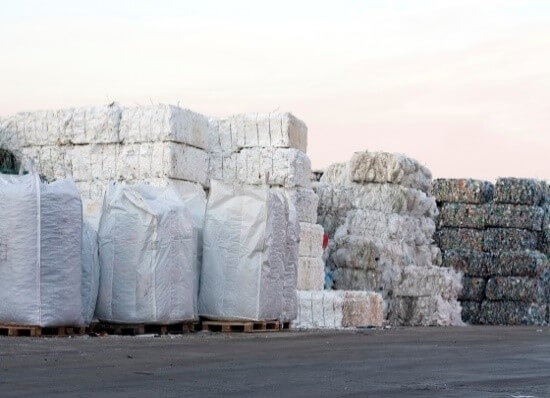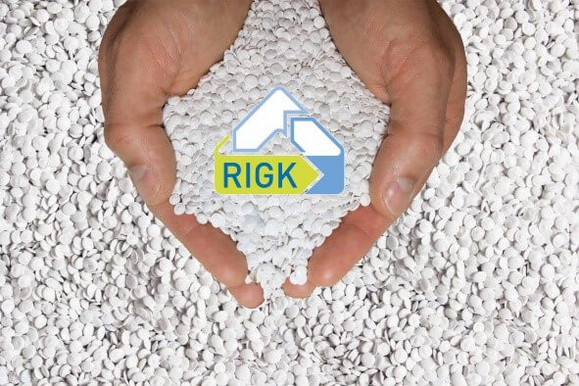In May, the Federal Council passed the Packaging Law and, in doing so, cleared the way for its commencement on 1. January 2019. Despite the various attempts of the federal states to convince the federal government to adapt the draft of the Packaging Law more strongly to the goals of the original law on recyclable materials in order to regulate also non-packaging which is similar in material, the Federal Ministry of the Environment remained with the passed version of the law. Rather, the federal government wants the Dual Systems and the communes to decide whether uniform recycling collection should be established for metal and plastic. Additionally, the new law also envisages that the Dual Systems should orientate their licence fees more to the recycling ability of the packaging. Further goals of the law include a strengthening of reusable packaging and waste prevention. The competition of the Dual Systems should also be supported through the establishment of a central office (Zentrale Stelle) and the call to tenders for collection services improved with increased transparency in the bidding procedure. The change in the requirements of the packaging law affects mainly packaging returns from private households. RIGK customers and their customers still comply with the law with the use of the RIGK systems.

06. June 2017
What’s new for RIGK customers?

What about farmers?
Here the new packaging law envisages a significant improvement: farmers will no longer be treated as private households if the packaging involves packaging which is not usually used there e.g. all packaging which is for professional use (fertilisers, pesticides etc.). Up until now this wasn’t so clearly regulated. The federation and states will develop further details on the implementation of the Packaging Law. RIGK will keep you updated.
In August 2017, the long awaited Commercial Waste Directive will come into effect. The amendment of the commercial directive aims to exploit the recycling potential in commercial waste with the separated collection of commercial waste already at the point where it is supplied by the waste producer. This involves, for example, the separate collection of paper, cardboard, glass, plastics, metals, wood etc. and further waste materials. This separate collection aims to make it easier to supply the remaining materials to the pre-treatment and processing plants. Comprehensive documentation obligations for the waste producers and owners are being introduced to ensure the monitoring of the goals.
IMPORTANT! Nothing changes for owners of packaging waste if this is returned to the manufacturers and distributors who are obliged to collect this – e.g. via recovery systems such as PAMIRA and all other RIGK systems as the separate collection as well as comprehensive documentation obligations are already being fulfilled. Here you can download the PAMIRA information on the Commercial Waste Directive in German.

In June 2017, the 2. Directive on the Further Development of the Legal Waste Monitoring will come into effect. This omnibus law complements the individual regulations for monitoring in the Waste Disposal Company Directive, the Proof of Waste Disposal Directive as well as the Reporting and Permit Directive for collectors, carriers, dealers and agents of waste. Furthermore, the Waste Representative Directive, which came into force in 1977, has been amended and came into effect on 01.06.2017. The circle of operational facilities which must have a waste representative will increase significantly. Overall these new regulations aim to intensify the own monitoring and control of the companies which are obliged to collect packaging as well as their representatives for collection, transport and disposal.
Besides the amendment of the European Waste Framework Directive, the Packaging Directive is also being discussed on a European level. In a resolution of 14.03.2017, the European Parliament called for an increase in packaging recycling to 80% by 2030 and to 60 % for plastic by 2025 as well as a reduction of 50 % in food waste and ocean pollution (keyword: Marine Littering). As, in contrast to Germany, the dumping of waste is still widespread in many European member states, the EP calls for a 5 % reduction in the dumping by 2030 within the framework of a Waste Disposal Package whilst the Commission had called for a reduction of 10 %. These ambitious figures will no doubt give closed substance cycle management new impetus in many countries particularly against the background of high dumping rates of precious basic materials. Here you can download the report on the implementation of the Circular Economy Action Plan.
